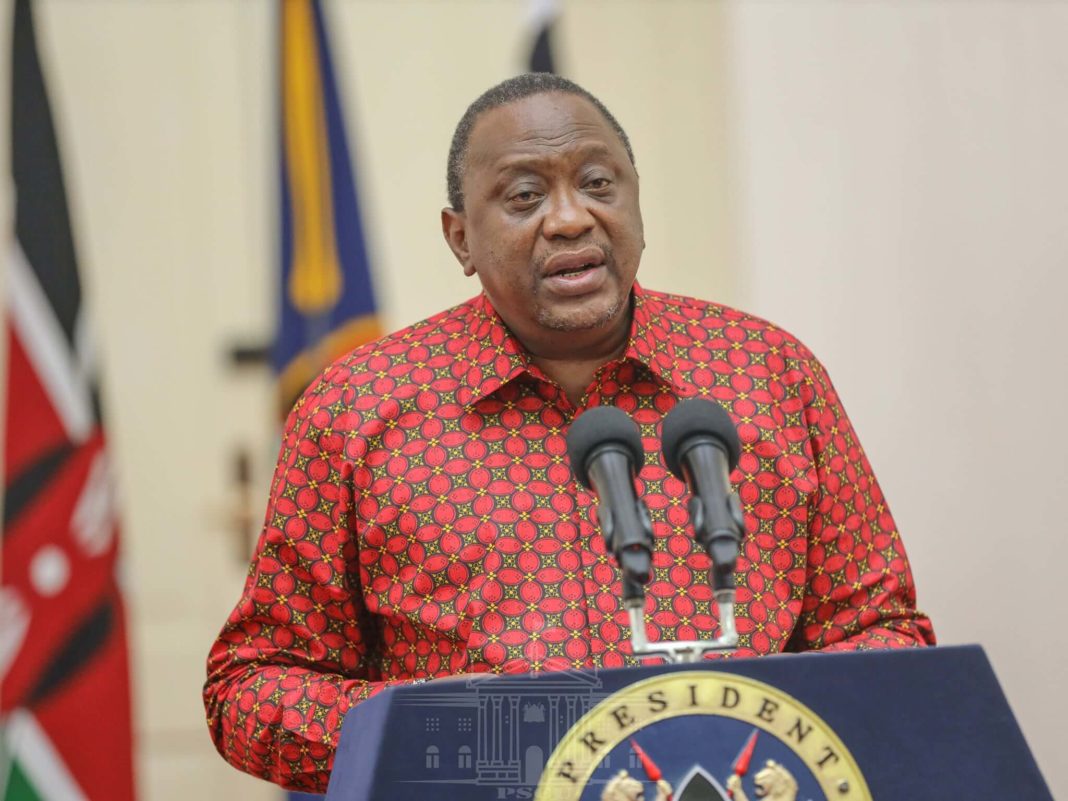President Uhuru Kenyatta has urged the international community to back a joint call-for-action on clean energy by Kenya, Malawi and The Netherlands, and assured that the East African nation will continue leading efforts to grow global uptake of clean energy.
The President rallied the international community to especially invest more in initiatives that will accelerate access to clean energy by households in developing countries.
“Kenya has submitted an energy compact on clean cooking. Further, Kenya will continue to champion the establishment of an international day for clean cooking to help raise awareness, and mobilize political will as well as resources for clean cooking,” the President said.
The Head of State made the appeal on Friday in a video address to a high-level panel discussion on energy held on the sidelines of the ongoing United Nations General Assembly (UNGA76) in New York.
He said Kenya had made major strides in the production and uptake of clean energy noting that electricity access in the country had expanded from below 30 percent in 2013 to over 75 percent in 2020.
“In addition, Kenya has demonstrated that it is possible to achieve ambitious development goals while remaining green.
“We have installed the biggest wind power plant in sub-Sahara Africa, the Lake Turkana Wind Power Project, and are steadily exploiting and deploying available geothermal potential, currently estimated at 10,000 Megawatts,” the President said.
President Kenyatta said renewable energy accounts for 73 percent of Kenya’s installed electricity generation capacity, adding that the country targets to attain full transition to renewable energy by 2030.
“Further, we aim to achieve 100 per cent access to clean cooking by 2028. But, access to finance remains a critical barrier to faster progress in achieving our targets, ” he said.
On his part, UN Secretary General Antonio Guterres called on nations to close the energy access gap by 2030, and transition to use of renewable energy to attain net zero emissions by 2050.
“That means cutting in half the number of people without access to electricity by 2025. And it means providing over 1 billion people with access to clean cooking solutions by 2025,” he said.
Mr Guteress challenged countries to rapidly shift to decarbonized energy systems and intensify efforts to improve energy efficiency.
“To reach universal energy access by 2030 and maintain a net-zero trajectory by mid-century, we must mobilize predictable finance at scale and promote technology transfer to the developing world.
“We need to triple investment in renewable energy and energy efficiency to 5 trillion dollars a year,” he said.
The UN Secretary General said countries must commit themselves to reducing emissions by 45 percent below 2010 levels by 2030, and reach net zero emissions by 2050 in order to limit atmospheric temperature rise to below 1.5 degrees as envisaged by the Paris Agreement.



